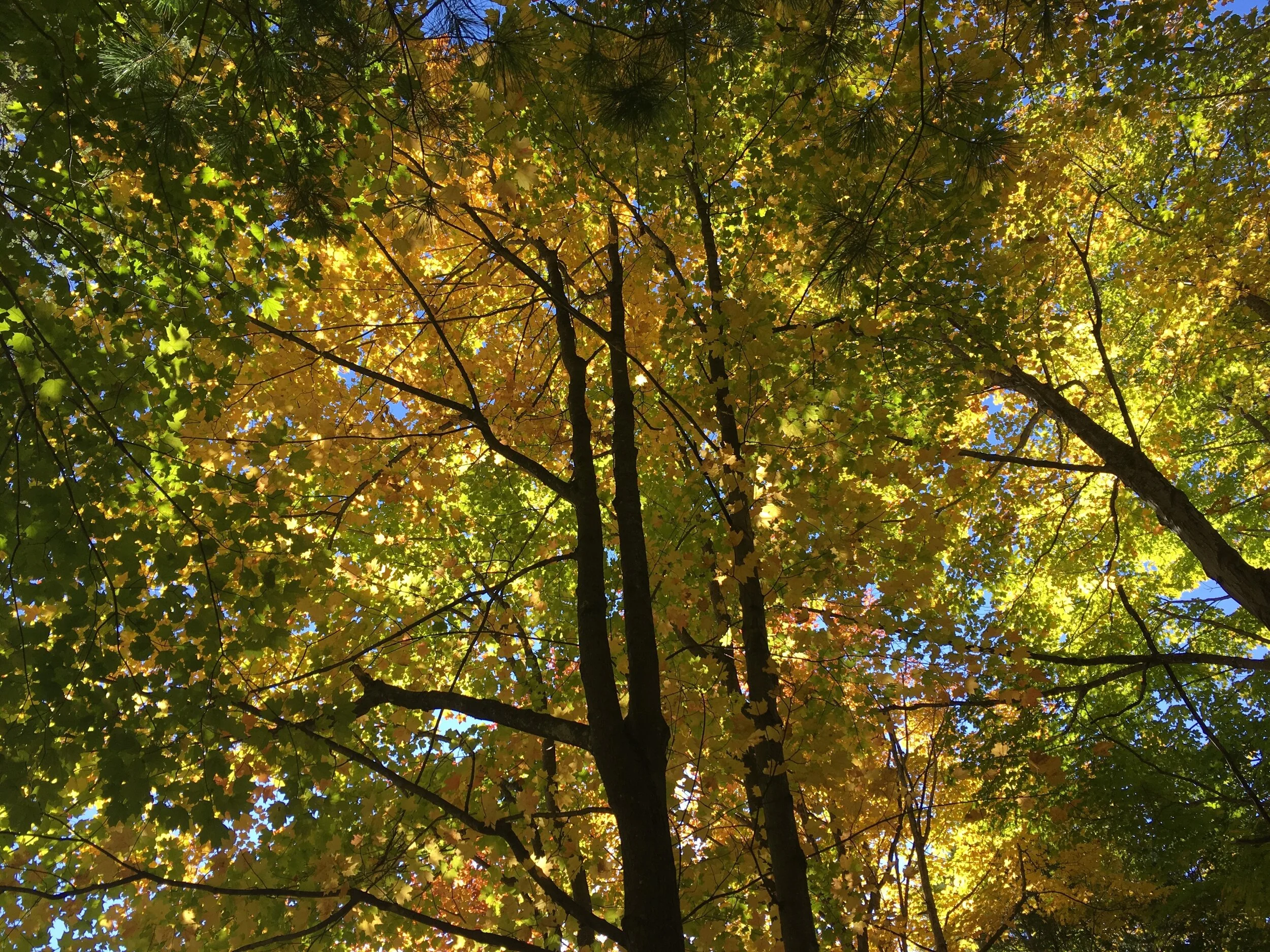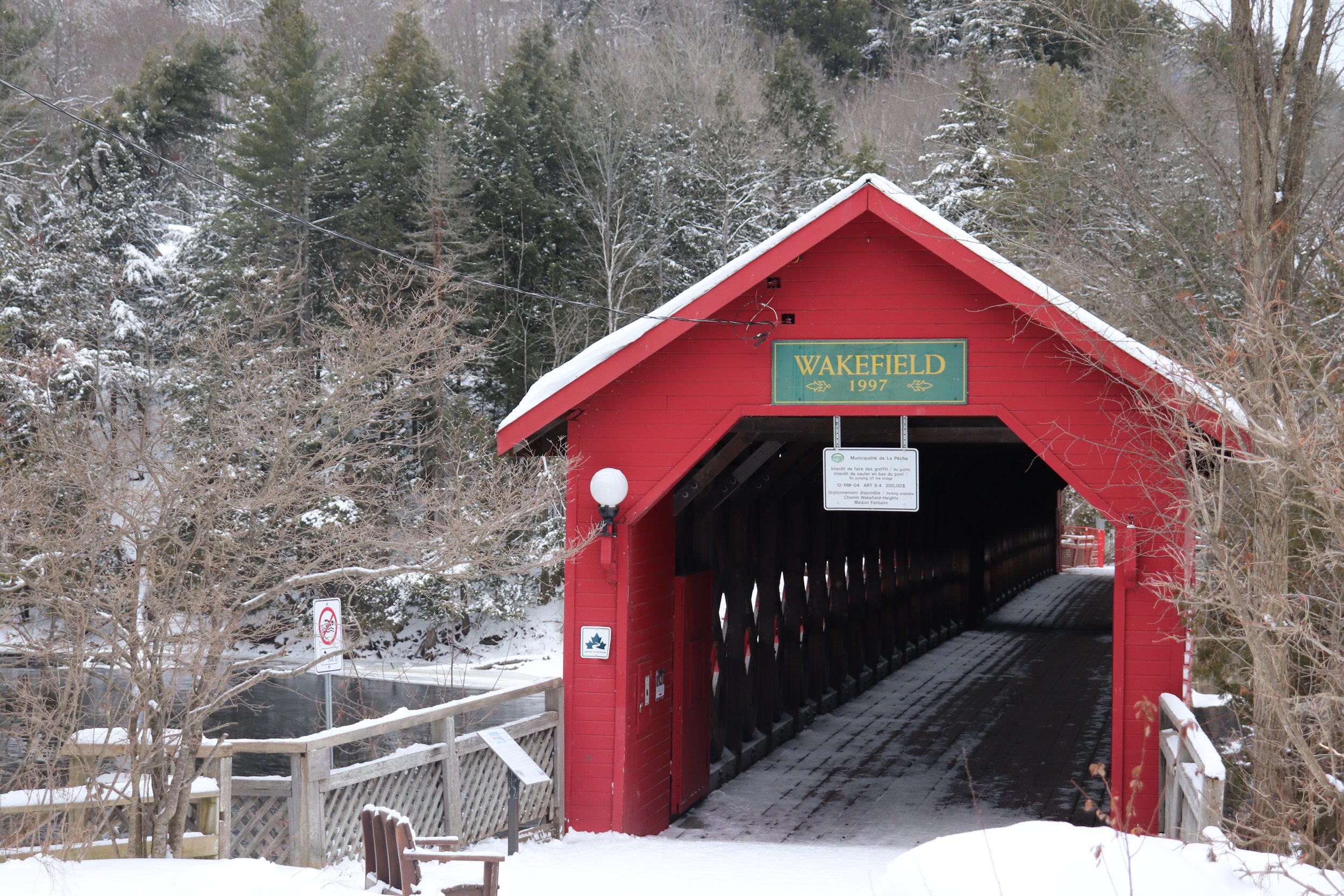Odonaterra kicked off the year with a company retreat and strategic planning session in Wakefield, Quebec to review accomplishments from 2022 and future directions for 2023. As a company that supports working remotely, the retreat provided us with a welcome opportunity to meet face-to-face to discuss strategy and get to know each other better after relying heavily on digital interactions over the past few years.
Company successes from 2022 included Jaime and Fiona’s successful graduation from Concordia University’s Master of Environmental Assessment program. We also welcomed Hans, who has extensive experience in mining and Indigenous-led impact assessment, to the team in an associate role. Several team members also had the opportunity to attend networking and professional development events in Quebec and British Columbia.
Our 2022 project highlights included in-person consultations and social-cultural research in Sanikiluaq, Nunavut which contributed the Nunavut Impact Review Board’s approval of a wind energy project expected to reduce local dependency on fossil fuels. Additionally, we continued to monitor a national infrastructure project and contributed to a federal environmental impact statement (EIS) for an Interprovincial dam replacement project.
In late 2022, we started two Indigenous-led impact assessments that will inform federal and provincial decisions on mining projects. We also expect to complete two Indigenous land use plans this quarter that were started last year and support further land policy development and implementation throughout 2023.
Thank you to our clients and partners for these amazing opportunities to contribute to effective community environmental strategies. We look forward to continuing our work, strengthening these connections, and building new relationships!
Our goals for 2023 include recommitting to communicating with current and potential clients, partners, and employees using the blog and Facebook pages. Additionally, we are planning to meet more regularly in person with our client communities and as a team, take more photos of our engagement work, and share project updates regularly.
As always, we will continue to facilitate Indigenous-led projects in the spirit of reconciliation and decolonization.
We look forward to a great year!
Please visit our What we do page for more information on our services and connect with us to discuss how we can support your upcoming projects!











